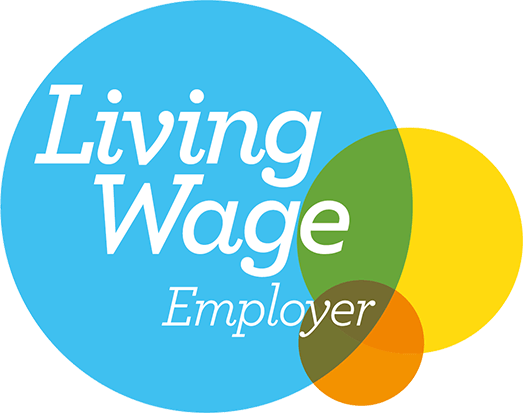News
What happens now to the thousands of homeless housed during the pandemic?
31 July 2020
Our history with traditional council housing estates tells us that design can hugely influence the success of a place. Innovative, sustainable, high quality solutions to the housing crisis are being demanded of local authorities right now, and the private sector has a role to play.

At the start of the crisis, the Government launched the 'Everyone In' programme to provide emergency accommodation for every homeless person in the country. £3.2 million was allocated to help more than 14,500 rough sleepers, and those at risk of homelessness, into emergency accommodation in hotels, guest houses, university halls and elsewhere. But as we ease out of lockdown, what happens next?
At the end of June, as contracts with emergency accommodation providers drew to a close, the Ministry of Housing, Communities and Local Government stepped in and announced a £85 million of new funding to continue to provide accommodation, and on 18 July, a further £266 million housing fund for vulnerable people was announced, placing emphasis on delivering a longer-term solution.
Housing Secretary Robert Jenrick said “the additional funding will allow us to continue to support these individuals - giving them access to the accommodation and support they need now while we continue with plans to deliver thousands of long-term homes in the coming months."
The so-called ‘Next Steps Accommodation Programme’ now takes total Government support for homelessness and rough sleepers to over half a billion pounds. Particularly welcome is the emphasis on ensuring that longer-term accommodation is a focus for local authorities. Councils will be able to bid (although they only have until 20 August) for funding support towards delivering longer-term ‘move-on’ units, delivered through the following methods:
- Purchase and repair of properties;
- Refurbish and repurpose existing stock;
- Private sector leasing;
- Development of new build properties (with support given to the use of modular housing), and
- Contribution towards social investment programmes.
The programme has two focuses. Firstly, on long-term accommodation and support for rough sleepers, and secondly for interim accommodation and support for the 15,000 vulnerable people accommodated during the pandemic.
Local authorities are being encouraged to consider options that will bring forward rapid delivery, such as modular construction, temporary planning permissions and air-space development. The responsibility for providing homes for the most vulnerable has now shifted towards local authorities.
However, with councils particularly stretched, do they have the resources and the capability to design and deliver high quality, longer-term accommodation for the vulnerable at the speed which is required? Is the planning system equipped to enable the speed of delivery required? And will the need for speed compromise the quality of design, and therefore living standards?
It is clear that a balance needs to be struck, whereby accommodation provided as a long-term solution enables vulnerable people to break the cycle in which they may have become trapped, by delivering design solutions which foster a sense of community and pride in their surroundings, coupled with the need to deliver these homes as soon as possible.
Our history with traditional council housing estates tells us that design can hugely influence the success of a place. Innovative, sustainable, high quality solutions to the housing crisis are being demanded of local authorities right now, and the private sector has a role to play. I only hope that this opportunity is able to be fully realised with the resources available. We know from experience how difficult it is to secure permission for homeless shelters, but the beautiful Shelter From The Storm shows what can be achieved with determination and a flexible approach to land use.
Charlotte Ryan-Elliott is a Senior Planner in Planning Potential’s residential team. For advice, insight, or to share your views on Charlotte’s article, get in touch on 020 7357 8000 or [email protected]






